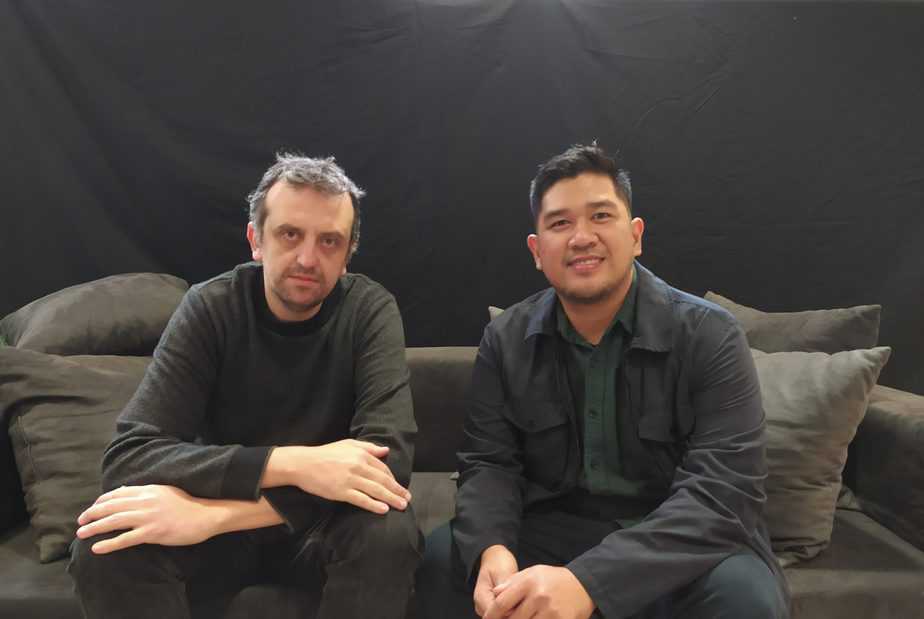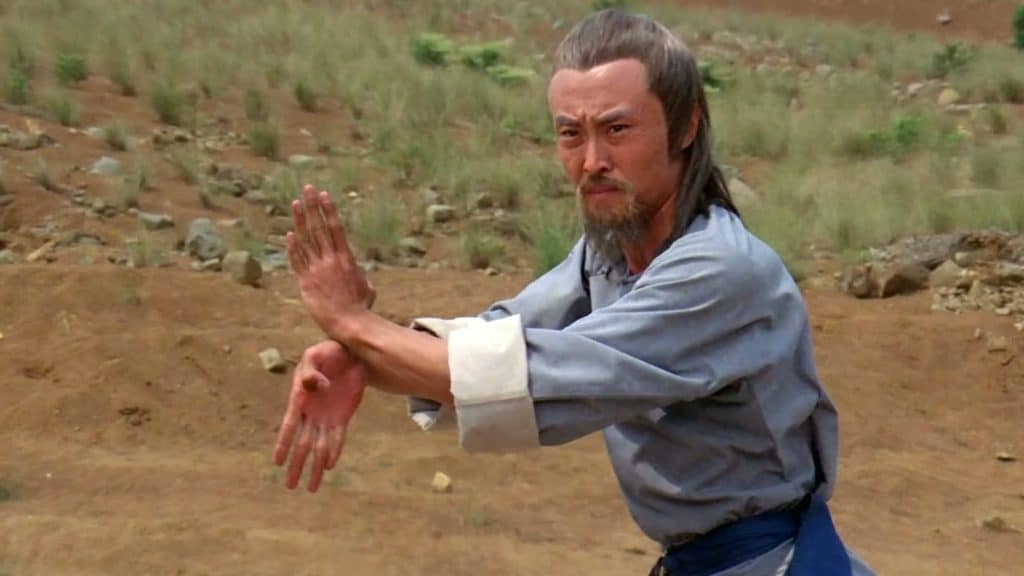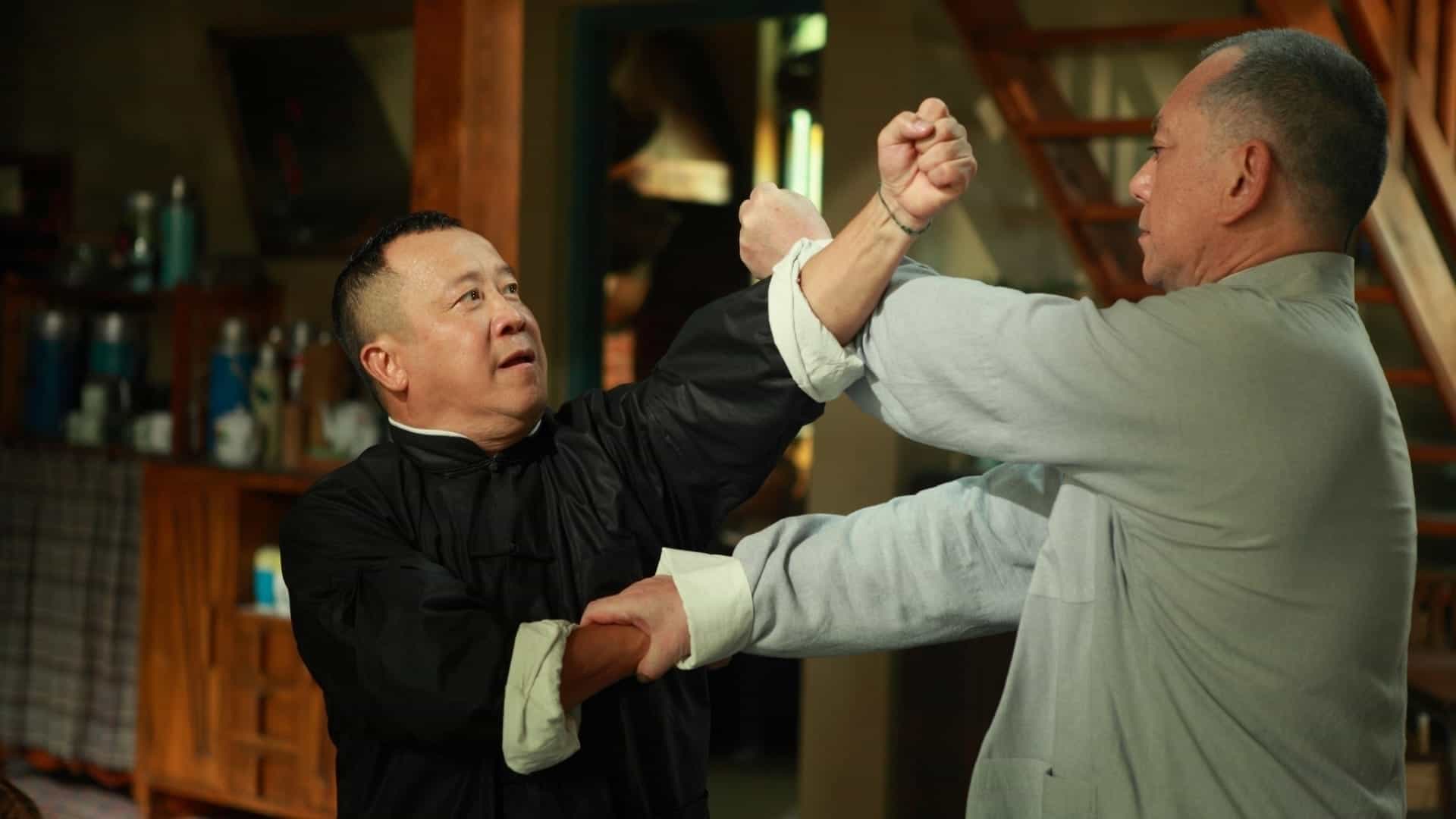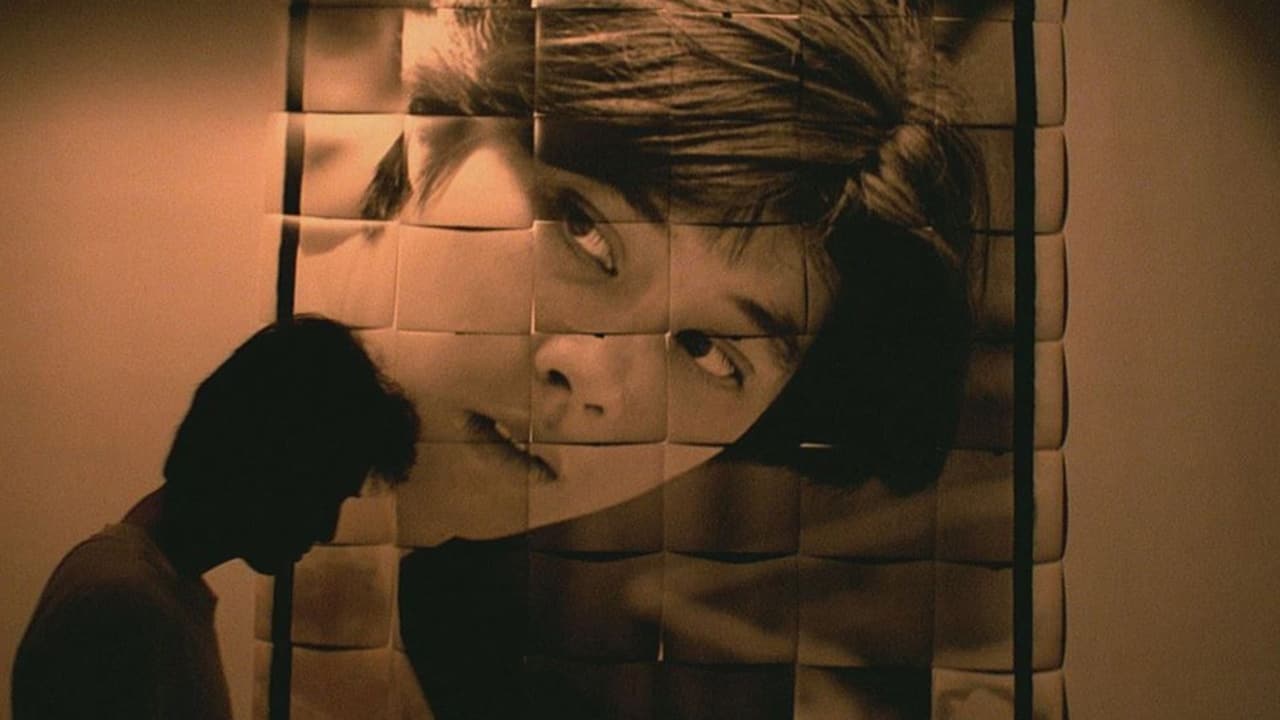In many of your films, you delved into the theme of childhood. The majority of your protagonists are kids, while the child's perspective abounds equally in intimacy as well as one's agency. You seem to be very sensitive towards the qualities of the relationship between your children protagonists, and specifically with “Monster”, it seems the predominant quality to approach the topic required some bravery. How did you prepare to grasp the themes of “Monster”?
I think it's a subject that indeed requires some courage. I myself treated the angle of the story so that I could benefit from it by learning the essence of the meaning of it. I also tried to be as prepared as possible—I did lots of interviews or conducted workshops with children. The research was immensely important, too. For that reason, I was in touch with specialists or attended lectures; I saw plenty of films that I found valid for their representation; but I also delved into the topic of sexual development, expression, and identity of the kids in primary school. What became somewhat of a priority was becoming able to comprehend what are the dangers of depicting the thematic scope of the story. In a sense, it's easy to fall into the trap of showing something disturbing or uneasy, so the research was necessary to avoid a harmful representation. The abundance of research can be a nuisance as well, so I had to be careful what to choose. That said, insofar as the film is supposed to reveal systemic monstrosity, at the same time I tried my best to make it fine for the children to watch so that it wouldn't be traumatizing in any way.
Since you've worked a lot with kids before, I was wondering if the preparation process for the roles was the same as always.
Usually, I don't give the script to the children. I use their personalities to write the characters around them. This time around, the roles were way too complex to do that, so I spent a lot of time discussing the nature of the characters with the kids. I also thought it wasn't the right method for this kind of story, as the style of the dialogue was different, characters were more complicated. That's why I had to change my method for the kids to be able to grasp their characters, even though I tried my usual approach but, eventually, it didn't work. Based on the script, we did an extended amount of rehearsals, so it became like working with adults. Soya Kurokawa and Hinata Hiiragi, who play the main roles, focused on memorizing the lines through an extensive process of reading them beforehand. I didn't force this, but it appeared as the most effective for them.
Were there a lot of changes in the script that you had to implement on the shooting set?
It is the way that usually I get to work when I'm shooting my scripts—the printouts with revisions are handed out to the cast and crew at the set. Sakamoto was aware of that and suggested he could work this way, too. But I thought it might cause unnecessary difficulties to add a new dialogue that would suddenly just pop into my mind. If there were any changes, we would discuss these with Sakamoto before applying them to the text. One thing that came to me during the shooting—the whole process seemed so clear, as I simply didn't have to go back and forth through the errors of my writing. And it was a lot of fun, too!
Did you also research schools and school dynamics?
In fact, I have a teaching license myself. In the past, I used to work as a teacher in my 20s, so I came across the monstrosity of the school system through my own experience. A lot of my friends are teachers, too. Most of the people I know from my generation or slightly younger are, in fact, school teachers or work in educational institutions. When preparing for this film, I spoke a lot with them. It doesn't mean that the whole premise of the story was built around real representation—there's some fiction in it, too. However, the idea was to encapsulate a certain ambiance of the school politics. Even though the character of the school principal (Yuko Tanaka) might seem a bit detached from reality, I think that the way she operates within the school structures could as well really happen in real life! Some things need to be said out loud. Her character stands for the collapse of belief in the value of truth—that is something that happens a lot in organizations in general, not only in schools.
She also becomes a poignant representation of the dissolvement of group responsibility. In the ‘apologizing scene', where the mother (Sakura Ando) confronts the authorities of the school and the teacher, we can see how the group consciousness is performed, wherein the notions of responsibility become blurred between the school's representatives. It looks grotesque and bizarre; in a way, it's also terrifying, as a sense of agency for the individual to act upon simply diminishes. Do you consider groupism as a trait that has a negative impact on the modern society of Japan?
I do think that there's more tendency to be openly critical of group mentality. But, in many aspects that define Japanese society, it's something that we can't get away from. We can't escape it. With this film, I didn't aim to purely criticize groupism, but rather to show its potential (in a negative sense as well). For example, the mother (Sakura Ando) just wants to protect her son. When she uses the same words that were presumably used to abuse her son—about the pig's brain—against the abuser (the teacher), we can clearly see how far one person can go to get a grip over a sense of justice. And I think this situation is somewhat real. The same goes with group mentality—we can realize how far it can go. The picture might seem surreal—both the way the mother and the school body act. That said, I didn't use it to criticize group mentality but to show the scale of how things can escalate because group mentality remains strongly engraved in social consciousness.
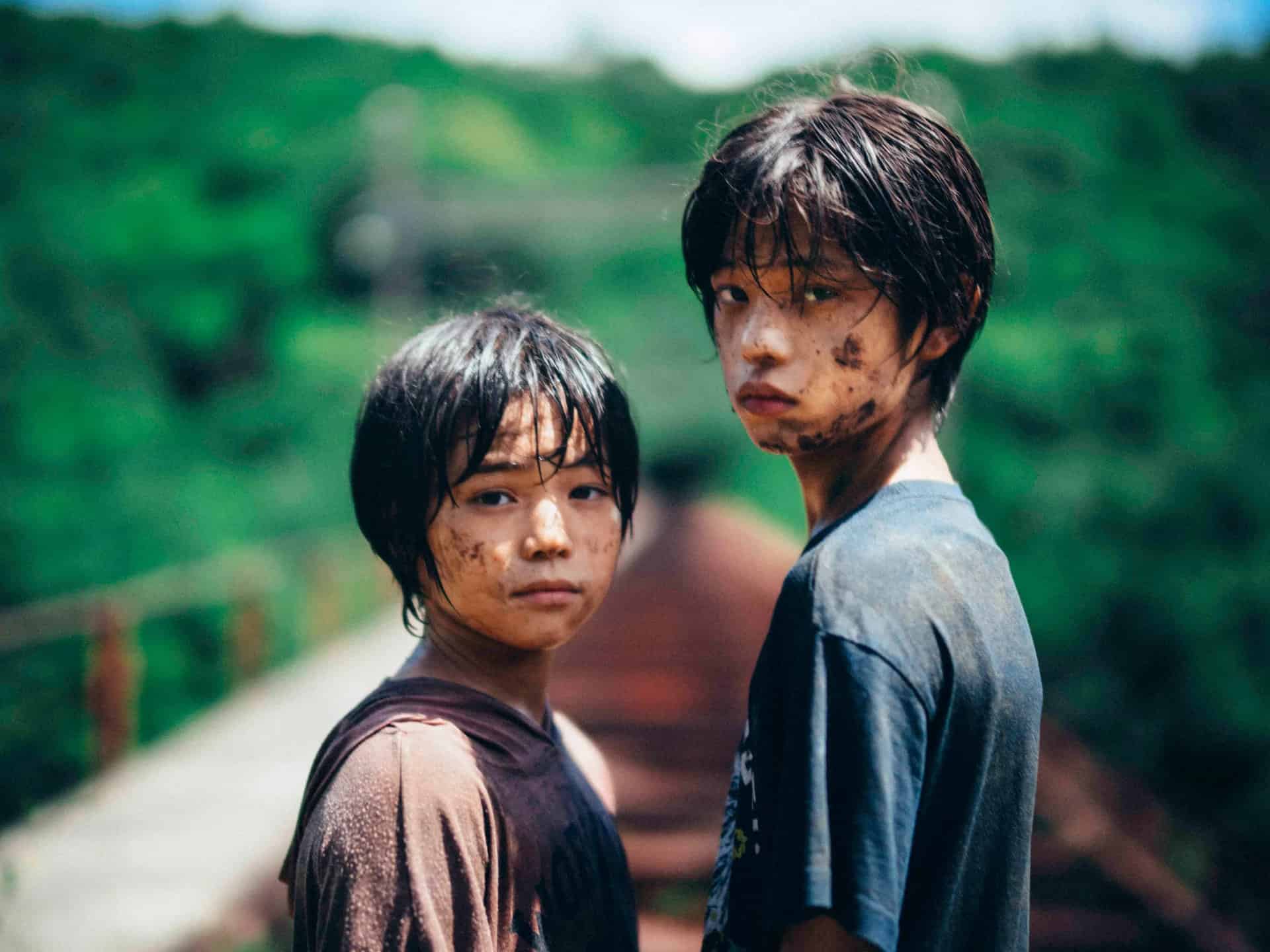
Despite differences in approach to the methodology of writing the script, what remained somewhat the same is your sensitivity to timing and pacing. How did you focus on that aspect of the film?
It all comes to editing. I might collaborate with other people based on their screenplay or images, but one thing that I always try to deal with myself is editing. That's where you find the rhythm of the film. And you can actually hear it because film is a living being—it has a heartbeat. Doki doki. Thump thump. There's a lot you can say about the directing of the film's rhythm. But the most important thing that goes side by side with it is the ability to pull off a scene—staging. When you can keep up the pace of the scene, it's like with music. The conductor's job is to keep the right rhythm; the same goes with the film director—it's our job to keep the film's rhythm and you can achieve it through editing.
“Monster” was dedicated to the memory of the late Ryuichi Sakamoto, with whom you worked for the very first time. Most of the score comes from his last album “12”—I have a feeling that the musical testimony Sakamoto rendered in his last piece enabled you to encompass the melancholic capacity of the story. I've heard that you often wrote your scripts while listening to his music. Was the ambiance of the film somewhat connected with his work this time?
This time around it was a bit different because I didn't write the story on my own, so there was no music in my mind. But when we started to shoot and edit the film, I was listening to Ryuichi Sakamoto's piano. There was a feeling that I couldn't finish the film if his music was not there. I think that if it wasn't for the fact that he was willing to participate in the project [eventually contributing with two new tracks and pieces from “12”], I would have had to change the direction of the film. It's a collaboration I dreamed of for many years and I'm eternally grateful that it finally came true.



